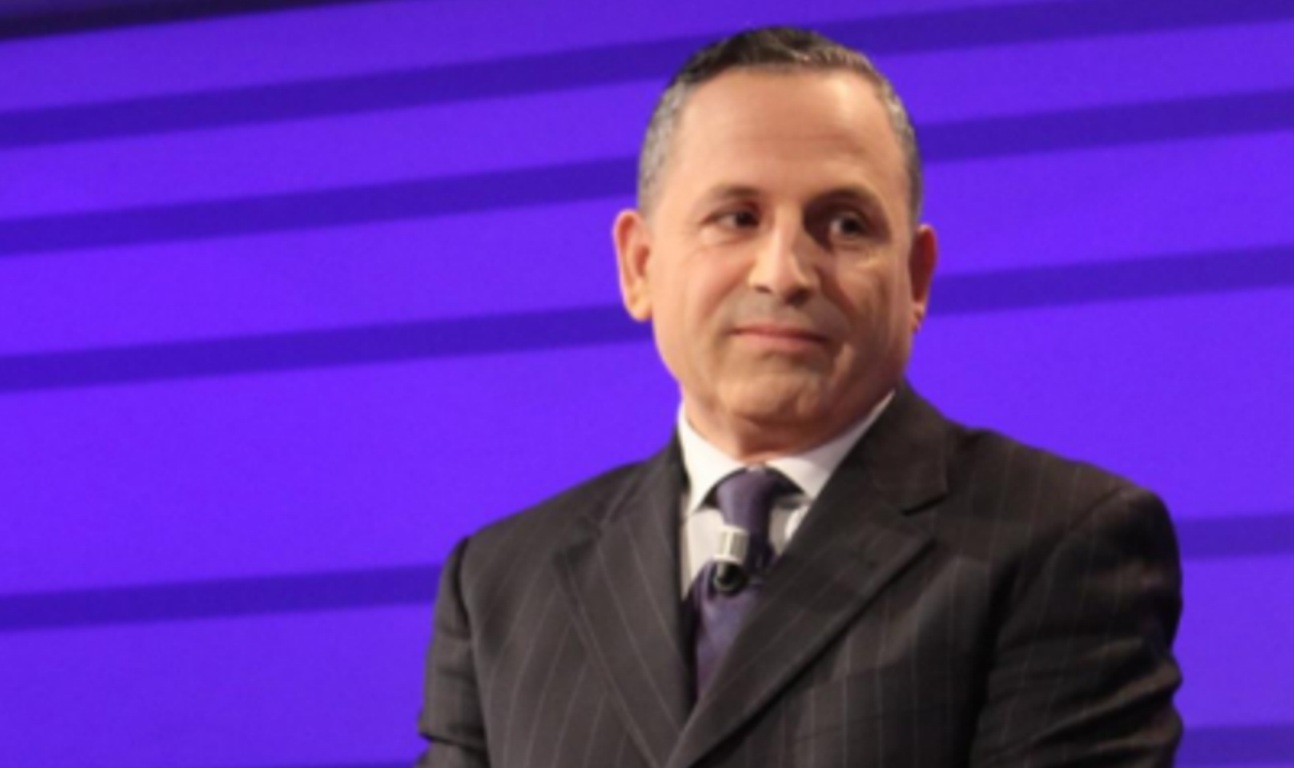
Alush Dragoshi was Albania’s Attorney General from 1992 until 1997. The Italian anti-mafia prosecutor, Giovani Falcone was killed on 23 May 1992 with 500 kg of TNT and 57 days later, Paolo Borselino, the prosecutor who investigated Falcone’s murder was executed too. Antonio Di Pietro was an Italian judge who launched and led the so called “Clean Hands” operation. He targeted senior corrupt officials in Italy. Arben Rakipi was the Albanian Attorney General who was discharged in 2002, while the Constitutional Court deemed this decision unlawful and restituted him back to his position. But this decision was not executed. The prosecutor who arrested the governor of the Bank of Albania, Ardian Fullani is Ramadan Troci. Kleanth Koçi was chairman of the National Chamber of Advocacy and he was executed in 1999.
I think that a common person with average intellectual capacities, let alone a lawyer who aspires to be part of the judicial system, would have easily answered to the questions addressed by Professor Perparim Kabo during the session for the selection of the members of the High Judicial Council and High Council of Prosecutors. But, the Albanian public opinion was shocked by the answers provided by a part of the applicants, who not only showed a lack of knowledge, but also a lack of intelligence. They gave answers such as “I don’t remember” or answers which were not worthy of such post.
While there are many journalists who have written in the past three decades about these issues, the public opinion was suddenly shocked that several lawyers and law professors who hold important positions in the current system of justice, did not know anything about them. The Albanian press has written so much about stories such as the one about the Attorney General Alush Dragoshi and Arben Rakipi or even about prosecutor Ramadan Troci. A lot has also been written on Kleanthi Koci, who became founder of the Albanian Chamber of Advocacy and the defense attorney who participated Ramiz Alia and in 1997, Leka Zogu in the case of the armed uprising of July 3, on whom a death sentence was requested, but the court acquitted him.
But why did a part of these lawyers need to have knowledge on these stories, which are in fact part of the Albanian and foreign judicial history?
Why are there so many courageous people in the justice system daring to apply for fresh positions as part of the judicial reform, while their intellectual levels are miserable?
I think that there’s a good reason behind this: As in any other field, the judicial system doesn’t have a well-defined and clear system of values. Incompetence, corruption, abuse, the ties that a number of lawyers have with crime and also criminal groups, have created a system of values which is based on the ability to steal as much as possible and to become as rich as possible. Other things are not important. I remember a few years ago while I used to interview in his office a member of the Supreme Court, being the first and perhaps, the only Albanian who had met Giovanni Falcone. During the interview, his colleague said to him: Why do you get mixed up with journalists? What do we need journalists for? They only cause trouble. Myself, I never buy the papers, while you not only buy them, but you give interviews too!
I was shocked by the words of a member of the Supreme Court and by the way he was judging his colleague. He seemed sure of what he was saying. He was happy he didn’t know Giovanni Falcone, while he regarded his colleague as some sort of UFO who was dealing with some prosecutors in Italy. We can imagine where this lawyer got his inspiration from while he didn’t care about the icon of the fight against the mob.
I don’t know where that judge is today. He may well be part of the judicial system. He may be part of the select committees. But in my mind, he’s not the type of person who will rescue Albanian justice from incompetence, corruption and ties with crime. To him, neither Giovanni Falcone, nor Paolo Borselino can be a model of inspiration. The idealist that they were, Falcone and Borselino were known to be highly knowledgeable people. They had a taste for art and cinema. In their line of work, not only did they give interviews, but also press conferences following operations against the mob. All of these shows that the naïve questions asked by Professor Kabo failed a number of applicants, revealing where we are and what we expect from the reform in the judicial system. This is the prototype of a lawyer who is not informed and who is not formed. He dares to apply for any post, in spite of what he represents. So, before concluding if the judicial reform is successful or not, we must first establish the hierarchy of values. This is the only way we will manage to distinguish the professional from the incompetent. The good from the bad. The intellectual lawyer with integrity from the one whose only scope is to earn as much money as possible. To conclude, let this serve as a warning for all lawyers! This test doesn’t mean that all of a sudden, you can go on the Internet and learn the questions asked by professor Kabo. Google and the internet may offer instant wisdom, but they can never make you wiser than you are.
